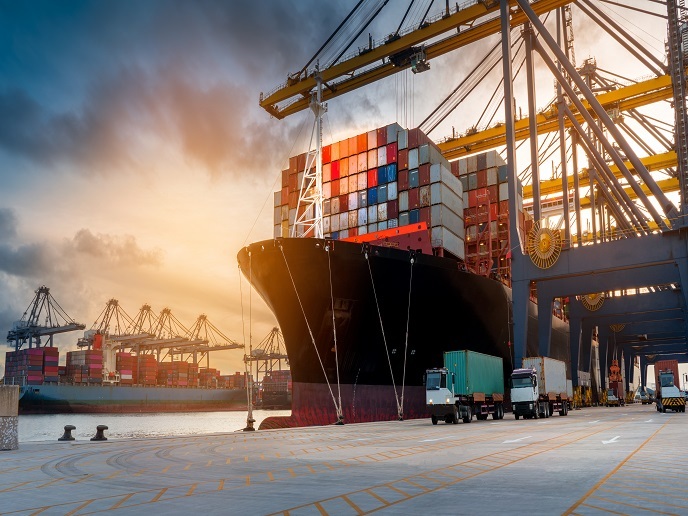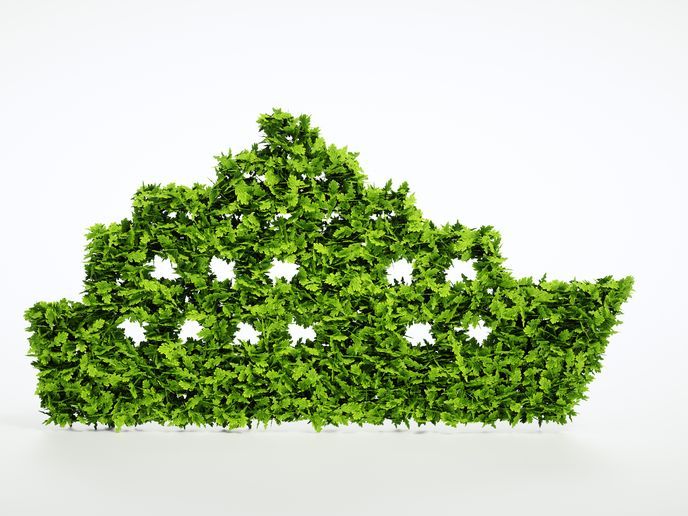Brewing biofuels from scrap wood, with help from oil-rich algae
The EU has set ambitious targets for reducing fossil fuel use, with EU Member States obliged to ensure that the share of renewables in transport is at least 14 % by 2030. This includes a minimum share of 3.5 % of advanced biofuels. Advanced biofuels are liquid fuels that are generally derived from non-food-based feedstocks, and can deliver significant life-cycle reductions in greenhouse gas emissions. The investigation into new feedstocks is an area of intense research, and includes work on the commercial and technical viability of microalgae.
Ensuring sustainability of biofuels
The aim of the FLEXI-GREEN FUELS project was to create a highly flexible integrated biofuels process, capable of treating multiple types of viable waste biomass. This would make available a range of marketable drop-in biofuel products for shipping and aviation, as well as value-added side streams. “A major concern with liquid biofuels is their sustainability,” notes FLEXI-GREEN FUELS project member Alok Kumar Patel from Luleå University of Technology in Sweden. “We need to be able to define the actual greenhouse gas reduction potential of the feedstock, identify any land-use change issues, and assess biomass availability.” Cost-competitiveness with current fossil fuels also remains a major barrier for the deployment of such biofuels. “The environmental and economic sustainability of producing liquid biofuels is largely dependent on the feedstock used for the process,” adds Patel.
Sustainable feedstocks
The project, coordinated by Bremerhaven University of Applied Sciences in Germany, set about identifying low-impact feedstocks that do not compete with food production. For this purpose, inedible woody waste from the forest industry was selected as a feedstock for growing oleaginous microorganisms – microalgae that accumulate oils and fats (lipids) as part of their natural life cycle. These lipids can then be harvested and purified into a sustainable biodiesel. Wood waste from Norway spruce and silver birch was separated into cellulose, hemicellulose and lignin. The cellulose fraction was then treated with enzymes to reduce it to simple sugar. This glucose was then fed to Auxenochlorella protothecoides, a microalgae that is able to use sugar as an energy source. The team optimised conditions within the prototype bioreactor to maximise lipid production. “A major advantage of this method is that it is cost-effective and comparatively easy to operate, with quite low daily maintenance,” says Patel. “Cultivation can be performed without illumination, hence, there is no photobioreactor requirement.” The lipids produced by this algae fermentation process were further converted via advanced hydrotreatment processes into fuel, optimised for aviation or shipping fuels. Patel notes this is the first time that biofuels have been produced using microalgae fed on a diet of wood waste: “Microalgae are the best source for the production of intracellular lipids that can be transformed into biodiesel.”
Lucrative side streams
The algae fermentation was also found to contain high numbers of nutraceutical compounds, such as squalene and long-chain omega-3 polyunsaturated fatty acid, offering an additional revenue stream for anyone using the process to generate biofuel. The methods pioneered by the FLEXI-GREEN FUELS project represent an important step toward biofuels that do not compete with food crops or other land uses. By making use of biowaste, and creating value in the process, the process could be a boon for forestry, agricultural and municipality waste industries.
Keywords
FLEXI-GREEN FUELS, algae, renewable, biofuels, sustainability, nutraceuticals







